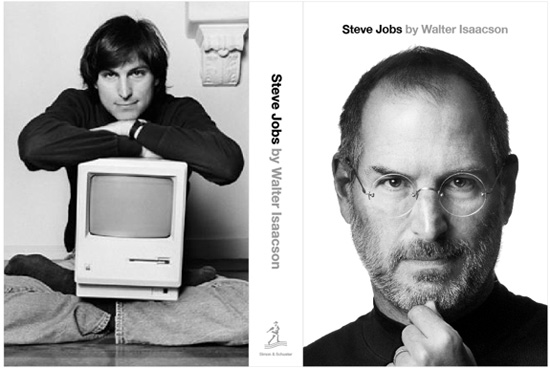
Steve Jobs regretted his decision to delay having potentially life-saving surgery for his pancreatic cancer, his biographer has revealed.
After being diagnosed with the cancer in 2004, Jobs embarked on a series of alternative therapies including spiritual healing, said Walter Isaacson, author of the upcoming biography Steve Jobs.
Despite pleas from his family to have surgery, Jobs initially refused, Isaacson said, in an interview for CBS News 60 Minutes to be broadcast on Sunday.
The co-founder of Apple, who died this month after a long battle with the disease, had been told he had a very slow growing type of pancreatic cancer, and that his was one of the 5% “that can actually be cured.”
Isaacson said that Jobs, after his diagnosis, “tries to treat it with diet, he goes to spiritualists, he goes through various ways of doing it macrobiotically – and he doesn’t get an operation.”
Asked why not, Isaacson told CBS: “I’ve asked him that and he said: ‘I didn’t want my body to be opened, I didn’t want to be violated in that way.’ He’s regretful about it.”
Interviewer Steve Kroft asked why “such a smart man could do such as stupid thing”. Isaacson said: “I think he kind of felt: if you ignore something you don’t want to exist, you can have magical thinking. It had worked for him in the past. He’d regret it.”
His wife, Laurene, and others around Jobs convinced him to “quit trying to treat it with all these roots and vegetables and things” and have the surgery nine months later.
But when he finally had the operation it may have been too late, said Isaacson, as the cancer had already spread to the tissues surrounding the pancreas.
After the surgery, Jobs told his employers but played down the seriousness of his condition.
A piece on CBS News website said the interview covers “several of the best stories from the biography, including the fact that Jobs had actually met the man who turned out to be his biological father before he knew who he was.”
They also talk about Jobs’ disdain for excess consumerism. In a taped conversation, he tells Isaacson how he saw Apple staffers turn into “bizarro people” by the riches the Apple stock offering created, it said.
Republished from: The Guardian









